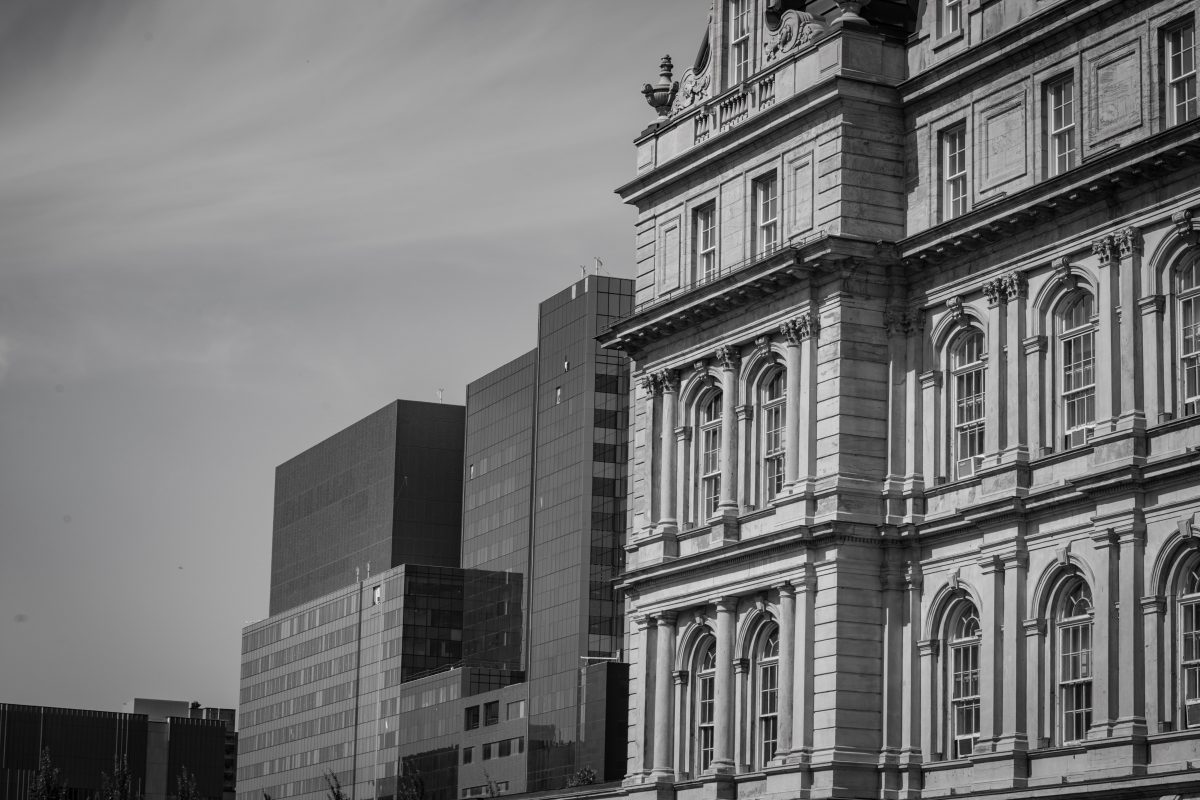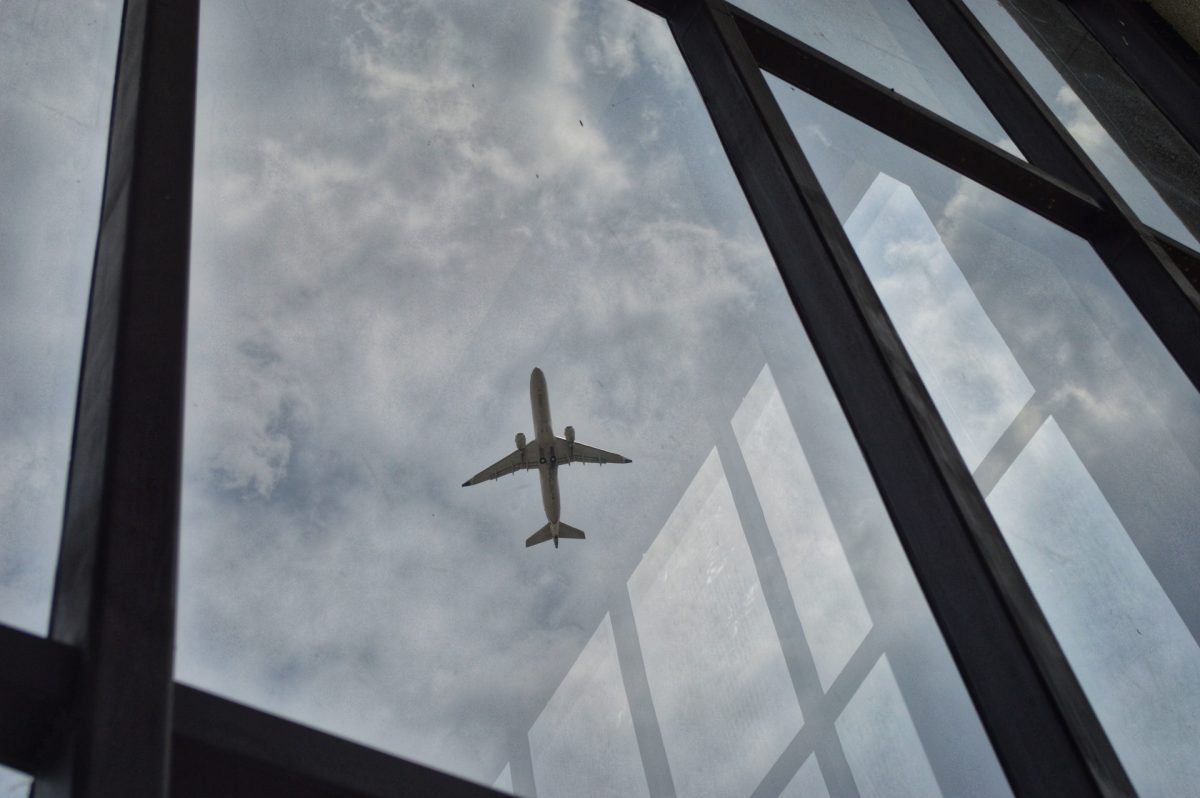Pope Francis selected 21 new cardinals, the majority of whom are from continents other than Europe, which has dominated Catholic hierarchy for the majority of the church’s history, and further putting his mark on the group of people who will elect the next pontiff.
Sixteen of those who will receive Francis’ prestigious red cardinal’s hat at a consistory ceremony at the Vatican on Aug. 27 are under the age of 80, making them eligible to vote for his successor if a conclave — in which pontiffs are secretly elected — takes place.
After making usual Sunday remarks to the people in St. Peter’s Square from an open window of the Apostolic Palace, Francis read out the names of his picks.
Two prelates from India will be among those chosen by the pontiff to receive the famous red hat, as will one each from Ghana, Nigeria, Singapore, East Timor, Paraguay, and Brazil, in keeping with Francis’ desire for church leaders to reflect the global face of the Catholic church.
With church growth in much of Europe and North America largely static or at best sluggish, the Vatican has paid close attention to its flock in emerging countries, notably Africa, where the number of faithful has been expanding in recent decades.
Only one new cardinal from the United States was named: Bishop Robert Walter McElroy of San Diego, California.
Since his election as Pope in 2013, Francis has chosen an eighth group of cardinals. He appointed a large majority of those entitled to vote in a conclave, boosting the possibility that they will choose someone who shares his papacy’s aims, which include attention to those on the margins of society and environmental concerns.
Once the new batch is added, there will be a total of 131 cardinals who are young enough to elect a pope, while the number of cardinals who are too old to vote will grow to 96.
Cardinals, termed the “princes of the church,” have typically been picked by pontiffs as their closest counselors and collaborators at the Vatican.
Three prelates who work at the Vatican, Arthur Roche of Britain, prefect of the Congregation for Divine Worship and Discipline of the Sacraments; Lazzarro You Heung-sik of South Korea, prefect of the Congregation for the Clergy; and Fernando Vergez Alzaga of Spain, president of the Pontifical Commission for Vatican City State and president of the Vatican City State’s Governorate, are among those under 80 and eligible to vote in a conclave.
Francis’ nominations followed a practice of naming people who are too old to vote in a conclave but whose decades of service to the Catholic church are recognized by a cardinal’s title. Jorge Enrique Jimenez Carvajal, emeritus archbishop of Cartagena, Colombia; Lucas Van Looy, emeritus archbishop of Ghent, Belgium; Arrigo Miglio, emeritus archbishop of Cagliari, Sardinia; Rev. Gianfranco Ghirlanda, a Jesuit professor of theology; and Fortunato Frezza, canon of St. Peter’s Basilica are among the latest.
Francis, who has recently taken to using a wheelchair or a cane due to a knee ligament condition, will preside over the consistory this summer, adding to an already demanding schedule in the months ahead.
The Vatican has disclosed details of the 85-year-old pontiff’s trip to Congo and South Sudan, which took place from July 2 to 7. Later in July, Pope plans to travel to Canada to personally apologize for the violence perpetrated by churchmen and church institutions against Indigenous people in that country.
Those who were not chosen, despite holding positions that would have earned them the red hat in the past, are almost as important as those who were.
On Sunday, Francis chose not to nominate Salvatore Cordileone, the prominent archbishop of San Francisco. Cordileone announced earlier this month that because of her support for abortion rights, he will no longer allow US House Speaker Nancy Pelosi to receive Communion.
McElroy, the new American cardinal, has significantly different beliefs than Cordileone. He was one of the few bishops in the United States who, several years ago, urged for the United States’ church policy to better reflect Francis’ concerns for the world’s poor. Last year, he also signed a statement supporting LGBTQ youth and condemning bullying directed at them.




